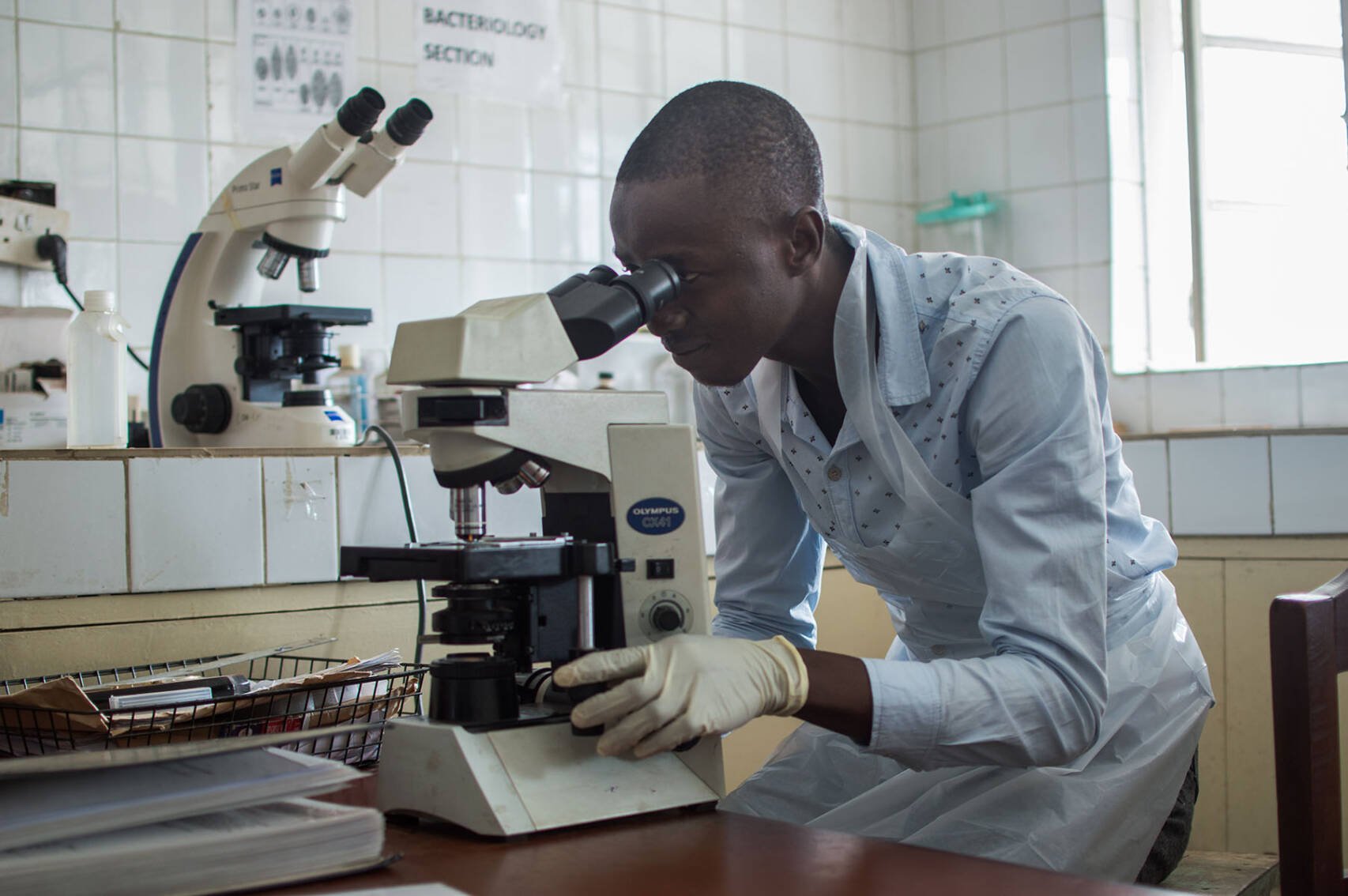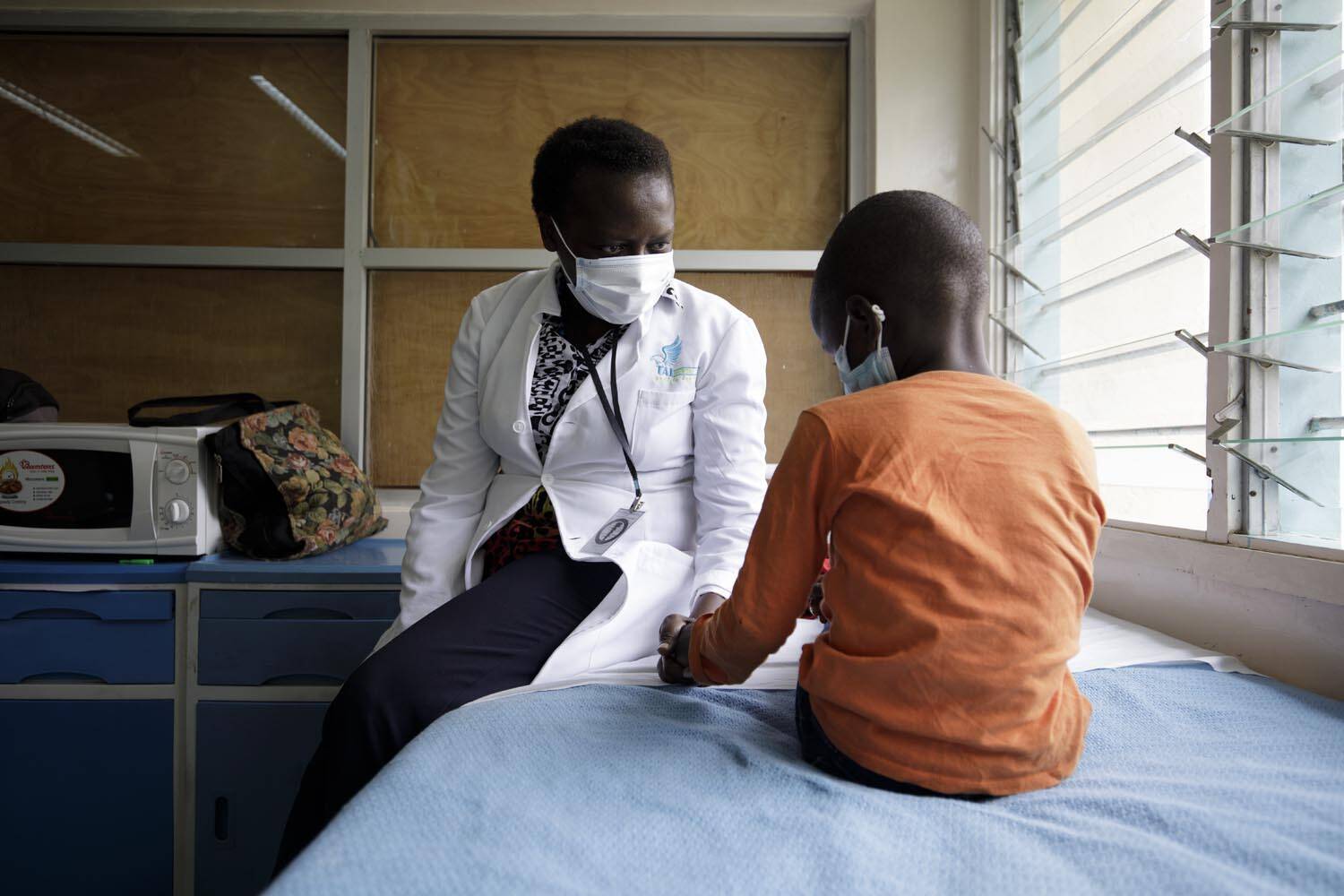On behalf of the Consortium, Merck applied for a scientific opinion from the European Medicines Agency (EMA). In December 2022, the EMA validated for review the application for arpraziquantel for the treatment of schistosomiasis in preschool-aged children.
With this validation, the regulatory application for arpraziquantel is complete and EMA has started the scientific review process. A positive opinion from the EMA will facilitate inclusion of arpraziquantel in WHO’s list of prequalified medicinal products as well as regulatory approvals in endemic countries.

scroll down
At the same time, preparations are being made to make arpraziquantel available on a not-for-profit basis in low-resource settings. The Consortium is preparing for the potential inclusion of arpraziquantel in the WHO list of prequalified and essential medicines, and is exploring mechanisms for providing equitable and sustainable access once arpraziquantel is approved. Through the EDCTP-funded ADOPT project, the Consortium is also preparing the ground for the large-scale delivery of this new treatment in endemic countries, ideally starting in 2024.
Also in 2022, the EDCTP-funded STOP consortium’s ALIVE phase II trial l of a fixed-dose combination of ivermectin and albendazole for the treatment of soil-transmitted helminths in children recruited its first participants, at sites in Kenya. Ultimately, more than 1000 children will be recruited at sites in Ethiopia, Kenya and Mozambique.
An estimated one in four people globally have parasitic worm infections, which can have long-lasting impacts on child growth and development. Mass drug administration campaigns with albendazole and mebendazole are effective at controlling infection but these drugs are not active against all parasitic worms and there is some evidence of resistance developing in one key target, Trichuris trichiura (whipworm).
If shown to be effective, the albendazole and ivermectin fixed-dose combination would be a valuable additional drug option, while use of compounds in combination should also delay the development of resistance.
Through the Paediatric Praziquantel Consortium (PZQ4PSAC) project, EDCTP and the Japan-based Global Health Innovative Technology (GHIT) fund partnered to support a phase III trial of arpraziquantel, an orally dispersible treatment based on praziquantel, a drug widely used in schistosomiasis mass drug administration programmes. The results, announced in November 2021 and presented at the European Clinical Congress on Microbiology and Infectious Diseases (ECCMID) conference in Lisbon, Portugal in April 2022, confirmed that arpraziquantel showed excellent efficacy, achieving cure rates of 90% or above, and was safe and well-tolerated by young children.
In early 2022, WHO launched new guidelines for the control and elimination of human schistosomiasis, recommending the expansion of preventive chemotherapy to all in need, including preschool-aged children. Approval of arpraziquantel would be a major step towards achieving these new recommendations.
Highlights from neglected infectious disease projects in 2022 include completion of regulatory submissions for arpraziquantel, a key drug for control of schistosomiasis.

Increasing children’s access to anti-parasite drugs
